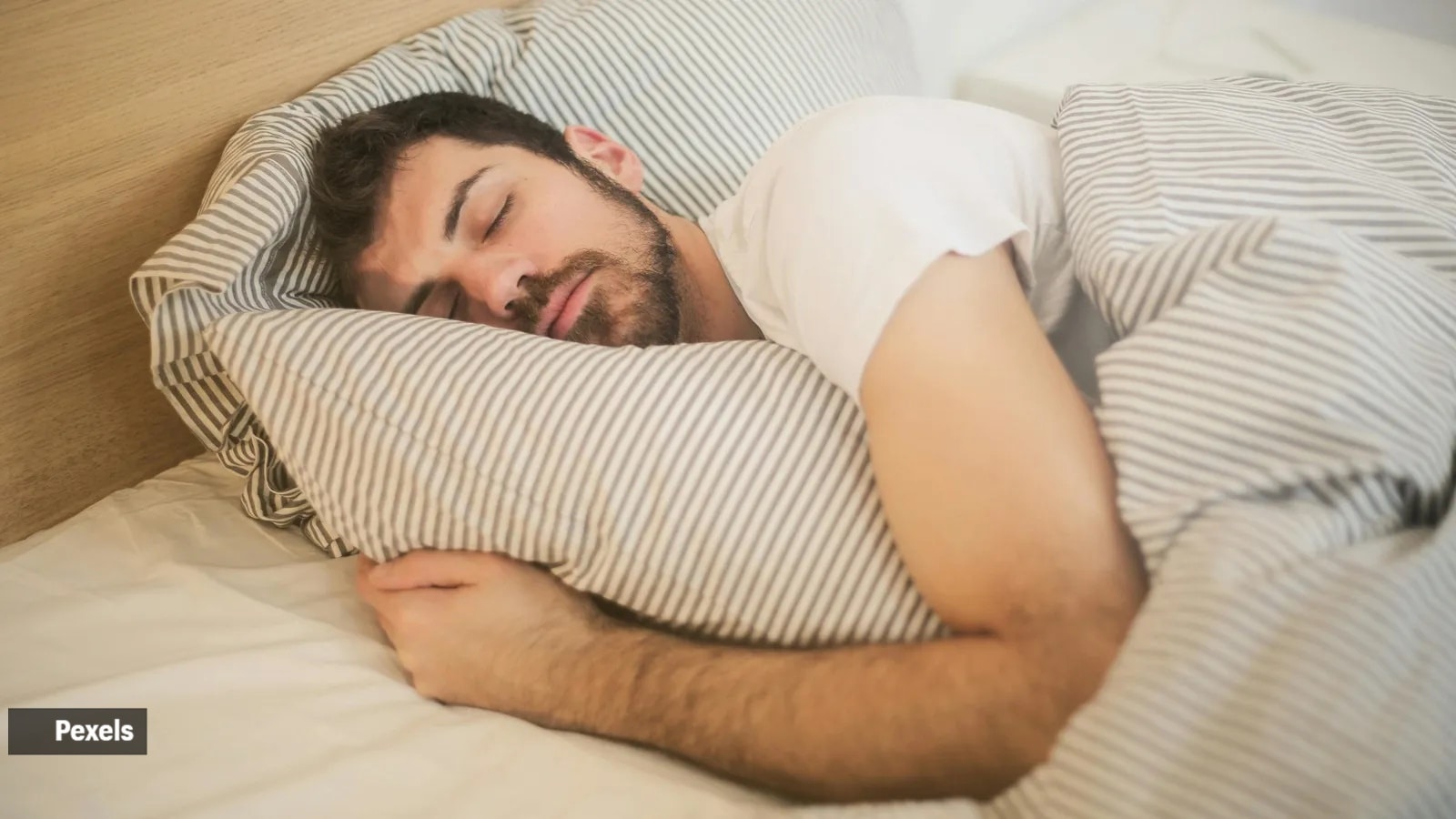Have you ever found yourself dozing off on the couch, only to feel wide awake the moment you crawl into bed? This seemingly common and frustrating phenomenon actually has a scientific explanation.
According to Dr Narander Singla, Lead Consultant – Internal Medicine at the CK Birla Hospital, Delhi, there are several physical, psychological, and environmental reasons behind this puzzling contrast between couch and bed sleepiness.
“The couch often triggers a relaxation response because it is a comfortable and cosy space that encourages rest,” says Dr Singla. Unlike your bed, which is associated with intentional sleep, the couch can act as a transitional zone, an informal space where your body begins to unwind.
“Psychologically, it may also remind you of unwinding or taking short naps, which can create a natural connection to feeling drowsy,” Dr Singla adds. The combination of plush cushions, warm blankets, and ambient distractions like background TV noise can create the perfect storm for accidental napping.
Additionally, the couch’s softness and ergonomic support can make you feel snug, supported, and more likely to nod off without even trying.
Why the bed can feel less sleep-inducing
On the other hand, ironically, your bed — the place meant for sleep —can sometimes feel like the least restful space.
“Stress and anxiety often interfere, keeping your mind active even in a sleep-friendly environment,” explains Dr Singla. Thoughts about the day’s events or what lies ahead tomorrow can flood in as soon as your head hits the pillow, disrupting your ability to fall asleep.
Story continues below this ad
 Environmental factors such as room temperature, lighting, noise, or even an uncomfortable mattress can further make it harder to settle into sleep in your own bed. (Photo: Pexels)
Environmental factors such as room temperature, lighting, noise, or even an uncomfortable mattress can further make it harder to settle into sleep in your own bed. (Photo: Pexels)
Evening habits also matter. “Engaging in stimulating activities before bedtime, like scrolling through your phone or watching TV, can delay when you fall asleep,” says Dr Singla. These behaviours can reduce melatonin production and send mixed signals to your brain about whether it’s time to sleep or stay alert.
Environmental factors such as room temperature, lighting, noise, or even an uncomfortable mattress can further make it harder to settle into sleep in your own bed.
The role of your body clock and hormones
Beyond the comfort of the furniture, biological processes play a significant role.
Dr Singla explains, “Your circadian rhythm, or internal body clock, regulates natural sleepiness at different times of the day.” This rhythm works in tandem with sleep pressure, a physiological drive that increases the longer you stay awake. The build-up of sleep pressure makes you feel more tired as the day progresses, often coinciding with the times we naturally lounge on the couch.
Story continues below this ad
“Hormonal changes, such as melatonin release, help regulate your sleep-wake cycle and can determine when you feel most ready for sleep,” Dr Singla adds. This hormone is influenced by both light exposure and routine, making late-night screen time especially disruptive.
DISCLAIMER: This article is based on information from the public domain and/or the experts we spoke to. Always consult your health practitioner before starting any routine.

